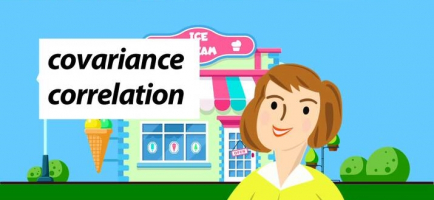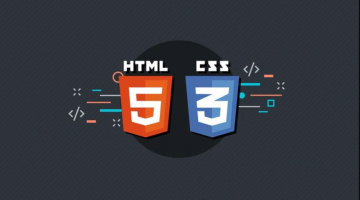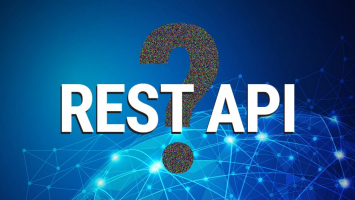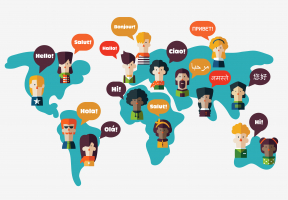Top 10 Best Online Equality and Justice Courses
You would benefit from taking an online course in social justice and human rights if you are looking for a career in social justice or human rights, want to ... read more...make a positive social impact through your work, or simply want to learn about social justice issues in local, national, and international arenas to become a more informed citizen. Consider the following list of top 10 best online equality and justice courses. These courses have no prerequisites and are available to anyone of any skill level for free.
-
Justice (Harvard, edX) is first on the list of best online equality and justice courses. Justice, taught by renowned Harvard professor Michael Sandel, examines critical analyses of classical and contemporary theories of justice, as well as discussions of current applications. Affirmative action, income distribution, same-sex marriage, the role of markets, debates about rights (human and property rights), arguments for and against equality, and dilemmas of loyalty in public and private life are among the topics covered. The course encourages students to critically examine their own perspectives on these issues.
The course's primary readings include works by Aristotle, John Locke, Immanuel Kant, John Stuart Mill, and John Rawls. Writings by contemporary philosophers, court cases, and articles about political controversies that raise philosophical questions are also assigned readings. This course introduces students to philosophical as well as public policy debates about the concept of justice. Aristotle, John Locke, Immanuel Kant, and John Stuart Mill are among the classic texts read, as are contemporary court cases and political perspectives. Human rights, affirmative action, income distribution, same-sex marriage, and the role of markets are all discussed. Students will have a better understanding of the relationship between social justice and criminal justice by the end of this class and will be able to articulate and evaluate philosophical arguments.
What you'll learn
- The fundamentals of political philosophy
- An understanding of social justice and criminal justice, and the roles they play in the modern justice system
- A deeper sense of the philosophy that underlies modern issues such as affirmative action, same sex marriage, and equality
- The ability to better articulate and evaluate philosophical arguments and ask philosophical questions
Details:
- Time to Complete: 12 weeks, 2-4 hours per week
- Price: Free, verified certificate available for $99
- Subtitles: available in Chinese, German, Portuguese, and Spanish.
- Rating: 4.9/5.0
- Enroll here: edx.org/course/justice-2
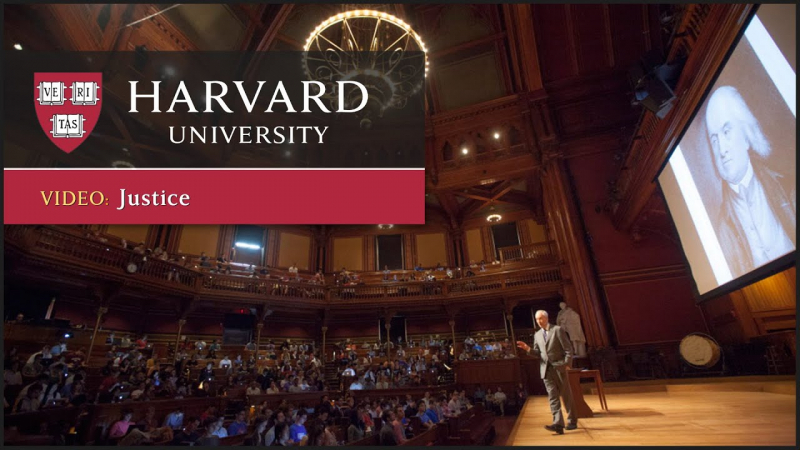
edxcoursesx.blogspot.com 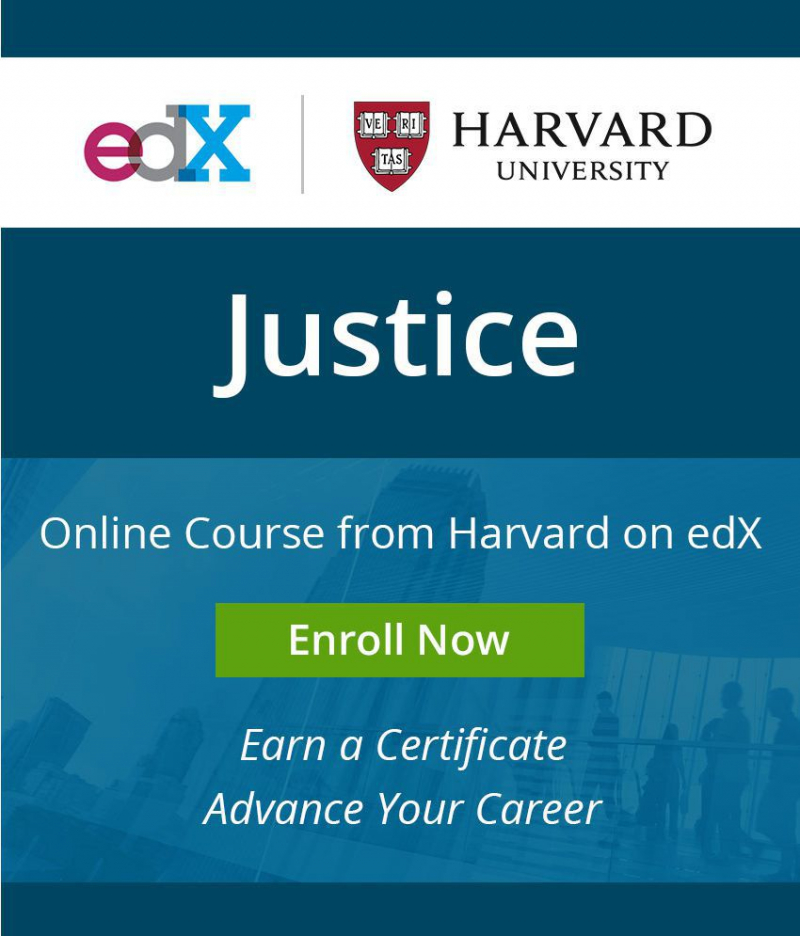
edxcoursesx.blogspot.com -
Community Organizing for Social Justice ranks 2nd in the list of best online equality and justice courses. In a diverse, democratic society, the course examines specific tactics for community organizing for social justice. It looks at key principles in social justice as well as how to bring people together to identify goals and priorities, analyze community assets and needs, create action plans, and gain support for implementation. It explains how to construct core groups, strengthen organizational capability, and develop a plan for reaching out to constituents and allies.
Because everyone learns differently, the course includes a range of learning styles, effective program information, individual instructions, and small group exercises, as well as hands-on tools for problem solving and program creation. These exercises can be used with individuals, a small group of people, or multiple groups in a community campaign. The course is based on interviews with persons working for community change in metropolitan Detroit, which is growing increasingly stratified and diverse. It is, however, intended for people who desire to make a difference in their communities. If you begin the course with ideas in mind and end with plans in hand, they will have accomplished goal.
Course informations:
- Flexible deadlines: Reset deadlines based on your availability.
- Shareable certificate: Get a Certificate when you complete
- 100% online: Start now and learn when it's convenient for you.
- Beginner level: Approx. 8 hours to complete
- Subtitles: Arabic, French, Portuguese (European), Italian, Vietnamese, German, Russian, English, Spanish
Details:
- Time to Complete: 6 weeks, 2 hours per week
- Rating: 4.8/5.0
- Enroll here: coursera.org/learn/community-organizing
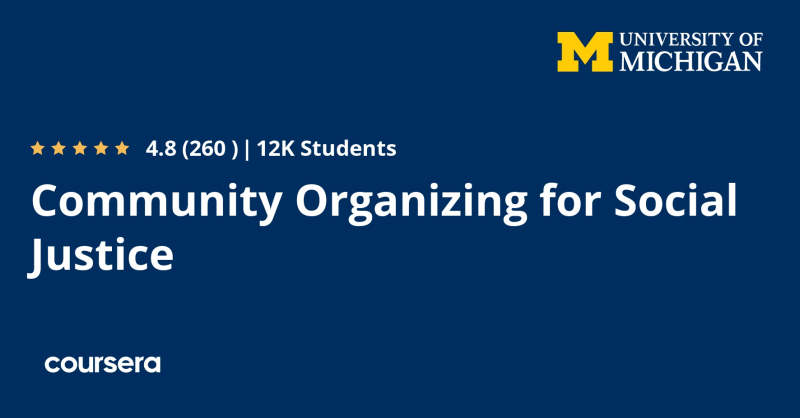
.coursera.org/learn/community-organizing -
From Freedom Rides to Ferguson: Narratives of Nonviolence in the American Civil Rights Movement ranks 3rd on the list of best online equality and justice courses. The Modern Civil Rights Movement is a watershed moment in American history. This was a human rights movement that directly challenged the country to extend its democratic values to African Americans and other peoples. This course sheds light on the frequently neglected strategic planning that backed the events' direction and is told by Dr. Bernard LaFayette, Jr., who was closely involved in the movement's organization.
The history of the campaigns, the various coalitions and groups, the theory and methods of nonviolent direct action, and the current implementation of nonviolent conflict transformation are among the topics covered. Andrew Young, Reverend C.T. Vivian, Henry "Hank" Thomas, and Constance Curry are among the guest speakers on the course.
Upon completion of this course, learners will be able to:
- Discuss the contributions and involvement of civil rights activists and leaders in the Civil Rights Movement (CRM) campaigns in the United States.
- Examine the chronology and phases of the Movement and CRM campaigns.
- Recognize and characterize the diverse activist groups involved in the CRM.
- Discuss Martin Luther King Jr.’s philosophy of nonviolence from a historical perspective.
- List and define the principles and strategies of nonviolence.
- Examine organizational and social change applications related to nonviolence.
- Identify the role of nonviolence in modern activism along with additional resources to broaden knowledge of principles of nonviolence.
- Recognize the application of nonviolence theories to activism, current issues, and everyday life.
Details:
- Time to Complete: 5 weeks, 2-4 hours per week
- Rating: 4.8/5.0
- Enroll here: coursera.org/learn/nonviolence
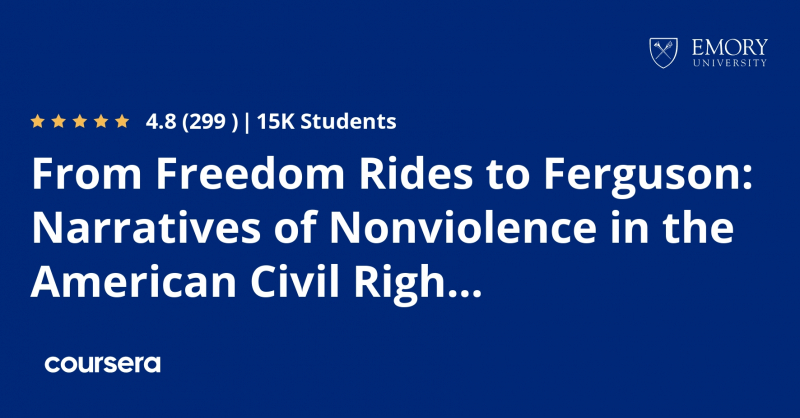
coursera.org -
The criminal justice system in the United States has to be overhauled. They imprison far too many individuals. They pay insufficient attention to scientific advancements that can assist distinguish between those who are most accountable and dangerous and those who are least culpable and harmful. They give the cops far too much control over the use of force and surveillance technology.
This course covers two overarching topics as a method of thinking about how to deal with these concerns: What should they do with persons who have committed crimes, and how should they determine who they are? On the first topic, they'll examine the nature and reasons of mass incarceration, as well as the death sentence, the legality and use of preventive detention and risk assessment, and the role of the insanity defense and neuroscience in determining criminal guilt. On the second topic, they'll look at the laws that govern police use of force, the expanding importance of technology and big data in assisting police surveillance, detection, and deterrence of crime, as well as the remedies for police misconduct, such as the exclusionary rule and damages actions.
The overall goal is to help thinking individuals assess today’s criminal justice system and consider ways of making it better. After completing this course, participants should be able to:
- Describe the mass incarceration problem in the United States and why it might exist;
- Suggest ways of reducing incarceration;
- Criticize risk assessment instruments and their use in preventive detention schemes;
- Discuss the pros and cons of the death penalty, the exclusionary rule, and the insanity defense;
- Analyze the relevance of neurological evidence in a criminal case;
- Identify some of the reasons innocent people are wrongly convicted;
- Elaborate on the role race plays at sentencing and in police use of force, stop and frisk and consent searches and
- List the types of surveillance technology available to police and the constitutional principles that govern their use.4
Details:
- Time to Complete: 4 weeks, 1- 2 hours per week
- Rating: 4.7/5.0
- Enroll here: coursera.org/learn/economic-growth-part-1
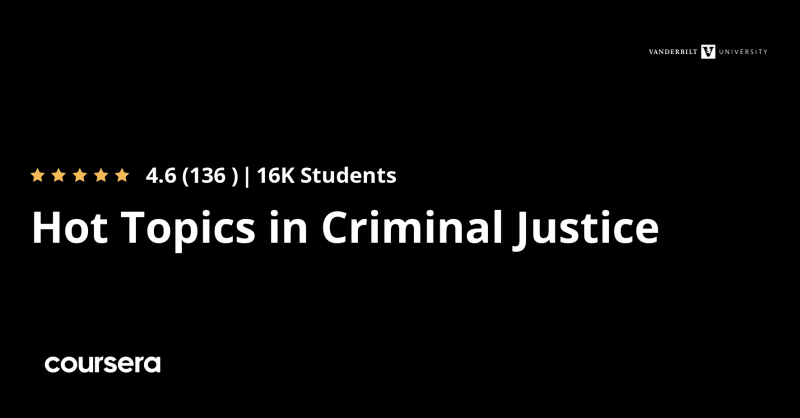
coursera.org -
Love as a Force for Social Justice (Stanford University, Coursera) ranks 5th on the list of best online equality and justice courses. To introduce participants to many notions of love, to empower them to recognize the power of love and the possibilities of exercising it in everyday life, and to emphasize the concept of love as a force for social justice in particular. By actively learning from one another and beginning to define how participants might apply their learning in service to society, participants will be able to transmit a sense of personal strength and empowerment. The concept of agape love (compassion/kindness) as a force for social justice and action, as well as the inspiration for service and the application of knowledge to good social change, will be explored in this course. Biological, psychological, religious, and social perspectives of love will be discussed, drawing on the expertise of people from a variety of disciplines.
The following issues will be raised and explored during the six-week course: Love as a basic concept of religious and ethical beliefs (e.g., Judaism, Christianity, Islam, Buddhism, Gandhian); love as a social force; nonviolent communication; love and the biology of the brain; love as a basic concept of religious and ethical beliefs (e.g., Judaism, Christianity, Islam, Buddhism, Gandhian); love applied in action; and poetic expressions of love as a social force The goal of this curriculum is to instill in students a feeling of the significance of love as a major phenomenon in the formation of community, connection, and functional societies among humans. The resources for the course will come from a variety of places. One of the purposes of the class is to provide participants a basic understanding of love literature, and the readings for the course are mentioned in the course outline on the following pages.
Course informations:
- Flexible deadlines: Reset deadlines based on your availability.
- Shareable certificate: Get a Certificate when you complete
- 100% online: Start now and learn at times that suit you.
- Beginner level: Approx. 28 hours to complete
- Subtitles: Chinese (Traditional), French, Portuguese (European), Russian, English, Spanish
Details:
- Time to Complete: 6 weeks
- Price: Free, verified course certificate available for $29
- Rating: 4.7/5.0
- Enroll here: coursera.org/learn/love-social-justice
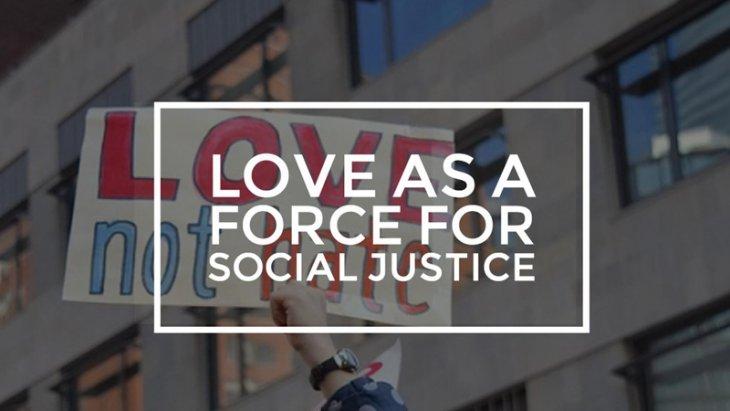
online.stanford.edu 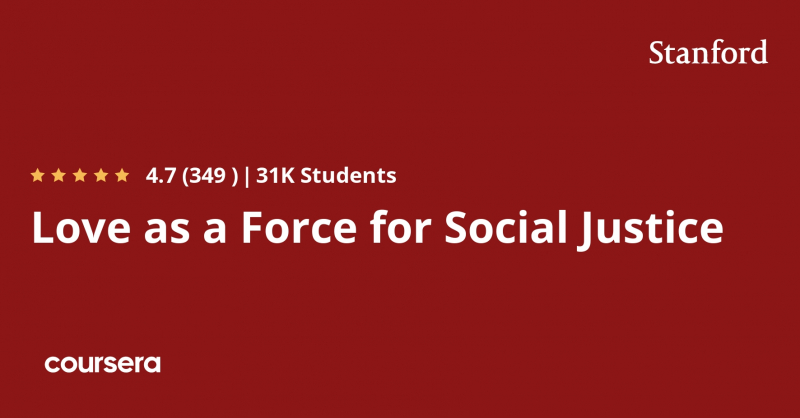
coursera.org -
Justice also takes into account how people interact with the world around them. This course will give you an overview of the causes and impacts of the world's most pressing environmental issues, as well as how they affect communities all over the world. While it is open to anybody who is interested, it is beneficial to have a background in environmental studies and/or international development.
Students will learn about scientific, public policy, and social justice approaches to subjects including deforestation, biodiversity, and climate change from teachers from the University of East Anglia's interdisciplinary Global Environmental Justice Group. Using a series of films shot around the world, students will be able to hear directly from global environmental justice advocates on the challenges they face. By the end of the course, students will learn that working on environmental issues necessarily requires an attention to social justice and human rights.
Learn with UEA’s Global Environmental Justice Group
You’ll learn with the University of East Anglia’s Global Environmental Justice Group- Prof Adrian Martin
- Dr Vasudha Chhotray
- Dr Iokine Rodriguez
- Dr Oliver Springate-Baginski
- Dr Nicole Gross-Camp
- Dr Gareth Edwards
- Dr Brendan Coolsaet
- Dr Teresa Armijos
Details:
- Time to Complete: 10 weeks, 4 hours per week
- Price: Free, verified course certificate available for $49
- Rating: 4.6/5.0
- Enroll here: futurelearn.com/courses/environmental-justice
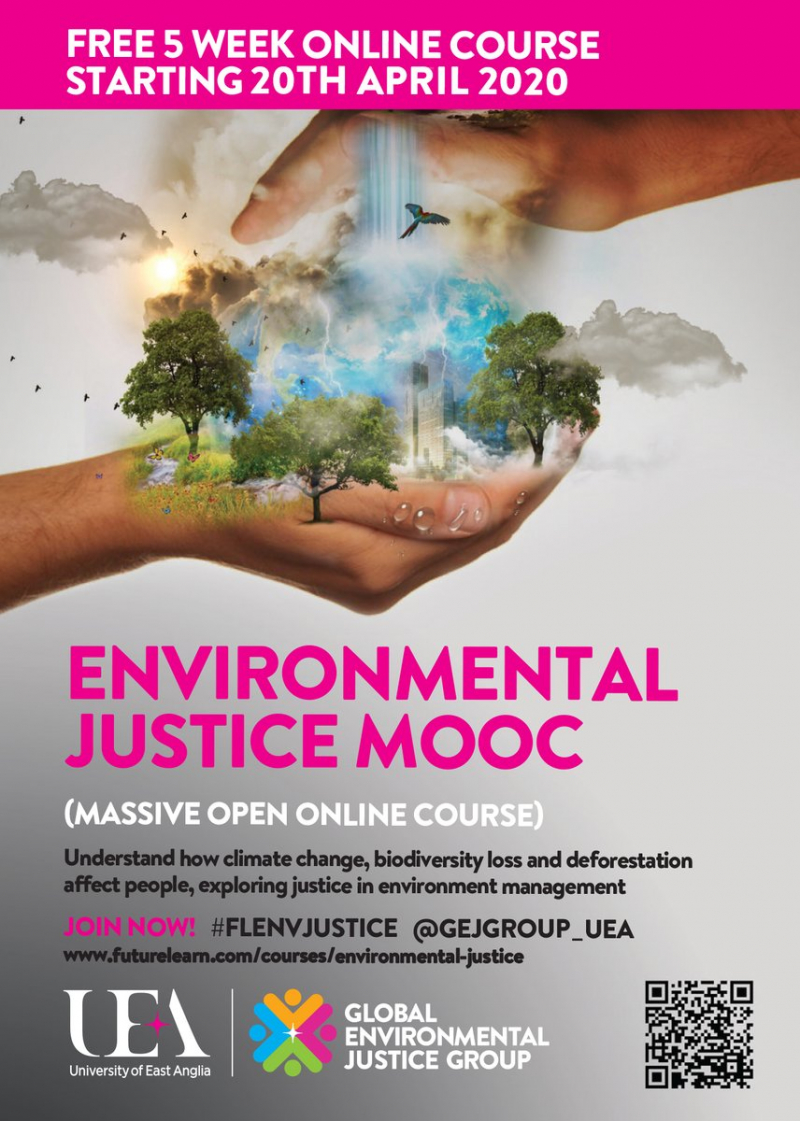
facebook.com -
Revolutionary Ideas: Utility, Justice, Equality, Freedom (University of Pennsylvania, Coursera) ranks 7th in the list of best online equality and justice courses. There may be severe disputes over the role and purpose of government even within a political group. Some people seek a more active, involved government, seeing legal and political institutions as tools to help solve most pressing problems, as well as to promote peace, equality, justice, happiness, and individual liberty. Others seek a smaller government, possibly inspired by some of the 20th century's failed political experiments and the belief that political power is often just a step away from dictatorship. In many situations, these clashes are the result of significant philosophical differences.
Foundational notions underpin all political and legal structures. They will examine those principles in this course, viewing political institutions and processes as objects to evaluate and, if necessary, modify, rather than as permanent and unquestionable. They'll look at the ideas and arguments of some of the world's most famous philosophers, including historical thinkers like Plato, Aristotle, Thomas Hobbes, John Locke, Immanuel Kant, Mary Wollstonecraft, and John Stuart Mill, as well as more contemporary thinkers like Elizabeth Anderson, Isaiah Berlin, Thomas Christiano, Frantz Fanon, Amy Gutmann, Friedrich Hayek, Robert Nozick, Martha Nussbaum, Julius Nyerere
Course informations:
- The goal of the course is not to persuade you of the soundness of any one viewpoint or political stance, but to provide you a more philosophically educated foundation for your own beliefs, as well as to help you better comprehend the beliefs of those with whom you disagree.
- Flexible deadlines: Reset deadlines based on your availability.
- 100% online: Start now and learn at times that suit you.
- Beginner Level: Approx. 6 p.m. to finish
- Subtitles: Arabic, French, Portuguese (European), Greek, Italian, Vietnamese, German, Russian, Albanian, English, Spanish
Details:
- Time to Complete: 5 weeks, 20 hours per week
- Price: Free, verified course certificate available for $49
- Rating: 4.6/5.0
- Enroll here: coursera.org/learn/revolutionary-ideas-utility-justice-equality-freedom
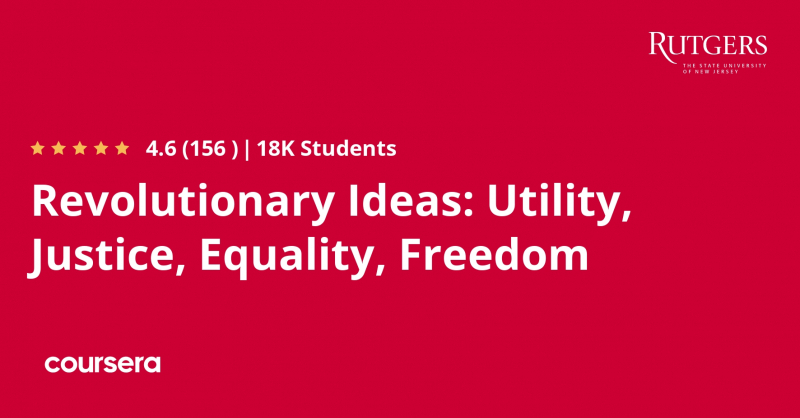
fr.coursera.org -
This is a course about social norms, which are the principles that hold society together. It teaches how to diagnose social norms and differentiate them from other social structures such as customs and conventions. These distinctions are critical for policy actions aimed at establishing new, good norms or removing negative ones. The course teaches students how to assess social norms and the expectations that underpin them, as well as how to determine whether they are responsible for certain acts. The course is a collaboration between Penn and UNICEF, and it provides numerous instances of norms that support behaviors such as child marriage, gender violence, and sanitation practices.
This is the first installment in the series "Social Norms, Social Change." In these lectures, I introduce all of the key concepts and definitions that help us distinguish between different forms of social practices such as conventions, descriptive norms, and social norms, such as social expectations and conditional preferences. Expectations and preferences may be measured, and these lectures will demonstrate how to do so. Measuring the nature of the practice you're dealing with, as well as whether or not an intervention was successful and why, is critical. Part 2 will put everything they learnt in Part 1 into practice.
Course informations:
- Flexible deadlines: Reset deadlines based on your availability.
- Shareable certificate: Get a Certificate when you complete
- 100% online: Start now and learn when it's convenient for you.
- Beginner level: Approx. 1 p.m. to finish
- Subtitles: Arabic, French, Portuguese (European), Chinese (Simplified), Greek, Italian, Vietnamese, German, Russian, Turkish, English, Spanish, Romanian
Details:
- Time to Complete: 4 weeks, 2-5 hours per week
- Rating: 4.6/5.0
- Enroll here: coursera.org/learn/norms#syllabus
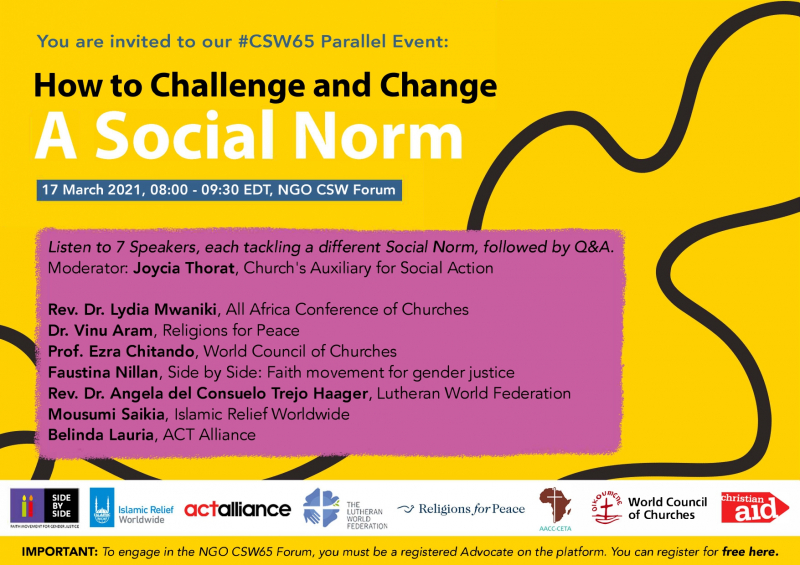
mooc-list.com -
The summer of 2020 has brought societal issues of equity and race to the fore. How can they foster tolerant and just work environments? In the best of conditions, changing an organization's culture is difficult; now, it may feel impossible. Yet, now more than ever, it is critical to address these concerns intelligently and with effective strategies that can result in genuine change.
This teach-out was created by six Darden professors to provide you the most up-to-date research and best practices in the fields of diversity, equity, and inclusion, as well as organizational change. You'll learn how to spot and address unfairness in organizations, as well as how to make a business case for diversity and inclusion and how managers can approach inequity constructively.You'll also learn how to promote the principles of diversity, equity, and inclusion at work, how to have difficult conversations, and how to manage and lead change.
What you will learn:
- Be able to have difficult conversations about race and inequity at work
- Analyze how social class shapes thoughts and actions
- Create psychologically safe contexts that encourage dialogue at work
- Lead change in issues of diversity, equity, and inclusion at work
Details:
- Time to Complete: 2 weeks, 2 hours per week
- Rating: 4.5/5.0
- Enroll here: coursera.org/learn/foundations-of-diversity-and-inclusion-at-work-teachout
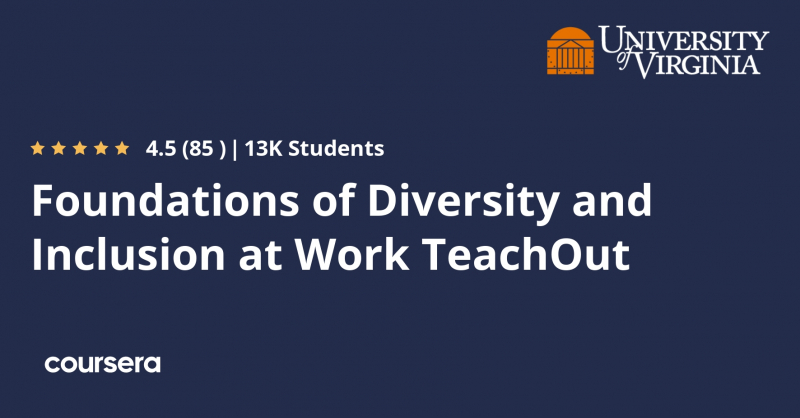
coursera.org -
This course will deal with some of the key issues related to the ethical dimensions implied by climate change – learning especially from the problems faced as well as the resilience models formulated by the marginalized sectors of society or the so-called “Global South”. This class examines the relationship between the environment and concerns of justice for the second time. It looks at how human demands can and should be balanced with environmental needs to ensure the planet's health for future generations.
This course highlights how those who have contributed the least to global warming are suffering the most from its harmful consequences by focusing on the Global South. This course, developed by UNESCO's World Commission for the Ethics of Science and Technology, examines the moral issue of balancing human needs and ecological integrity in global climate policy.
What topics will you cover?
- Climate change vulnerability
- Climate justice and ethical principles in relation with climate change
- Biological and cultural diversity
- Philosophies from the Global South
Details
- Time to Complete: 4 weeks, 2 hours per week
- Price: Free, verified course certificate available for $49
- Rating: N/a
- Enroll here: futurelearn.com/courses/climate-justice
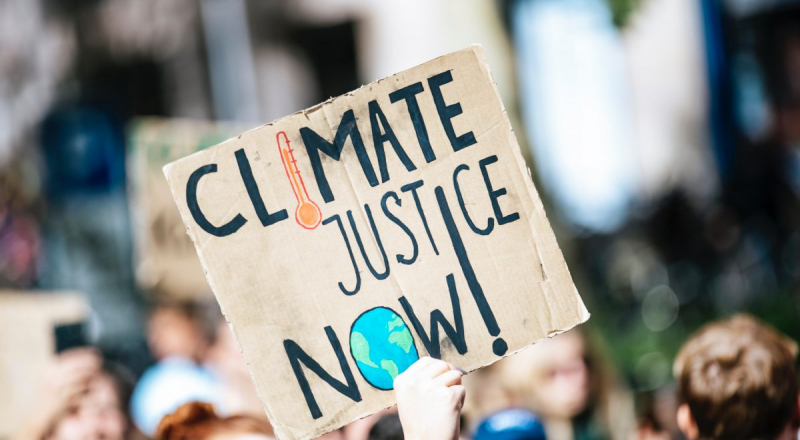
iynf.org 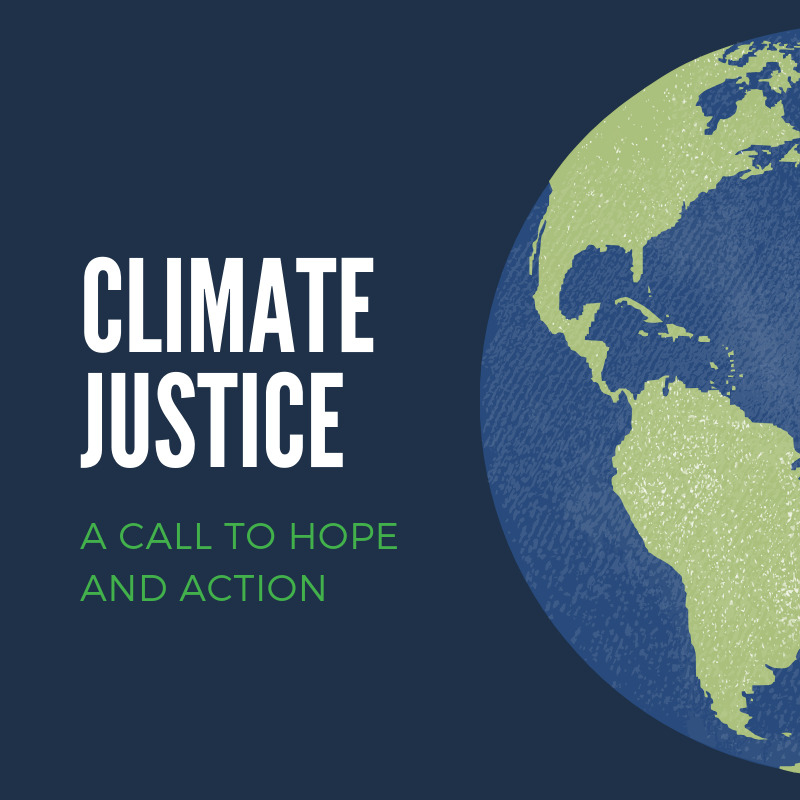
glennumc.org













